Editor's note : 50 years ago, the Vietnamese people wrote a glorious and brilliant page of history with the great victory of Spring 1975. It was a triumph of patriotism, indomitable will, aspiration for independence and national unification, and a united country.
Half a century has passed, the country has continuously grown strongly, from the ashes of war to great strides on the world map.
In the atmosphere of the whole country looking forward to the 50th Anniversary of National Reunification Day, Dan Tri newspaper respectfully presents to readers a series of articles about historical figures who contributed blood and intelligence to the great war of national defense, to look back at the heroic historical period of the nation, to pay tribute to the great contributions and sacrifices of many previous generations for peace , national reunification, independence and freedom of the nation.
Colonel Tu Cang (real name Nguyen Van Tau, born in 1928, former Head of the H.63 Strategic Intelligence Group) - a famous figure in the Vietnamese intelligence community - experienced years of living in "two opposite worlds".
Sometimes, he went to the inner city of Saigon, acting as a tutor and accountant. After finishing his mission, he returned to the base in Cu Chi tunnels, ate bamboo shoots, drank water to stay alive, and with the armed and traffic soldiers protected the radio station, keeping the communication lines open until the day the country was reunified.
In a level 4 house in Binh Thanh District (HCMC), Colonel Tu Cang talked to Dan Tri reporter with a clear voice, sometimes humorous, sometimes trembling with emotion.
The 97-year-old Colonel's blurred eyes blinked as he recalled 10 years of hardship with his comrades in Cu Chi. He told stories of everyday life, the times he escaped the brink of death, and the losses that the H.63 organization endured to stay on the fierce battlefield of Cu Chi until the day the country was reunified.
"Why do we have to stay in Cu Chi, sir?", the writer asked.
Colonel Tu Cang explained that Cu Chi had a favorable military position, related to the survival of Saigon. The terrain here was convenient for digging tunnels, and was connected to many important war zones. The enemy wanted to force the revolution to the border, keeping Saigon safe, while the revolution was determined to approach Saigon to win.
Mr. Tu Cang has been attached to Cu Chi since May 1962. At that time, he was assigned by the Regional Intelligence Department to command the H.63 Intelligence Group (originally named A.18), the intelligence group serving the activities of spy Pham Xuan An - the "trump card" of Vietnamese intelligence at that time.
The group was arranged into three lines. In addition to the core of Pham Xuan An, spy Tam Thao and other secret agents operating in Saigon, there was also a group living legally with the enemy in strategic hamlets and a group of armed forces in the Cu Chi tunnels.
Colonel Tu Cang said that the intelligence base sounded impressive, but at that time there was no office, only a few dozen meters in size, located on a field of dry grass and trees, with a few sparse bamboo clumps. Underground were several secret bunkers, each bunker containing 3-5 armed soldiers. Some bunkers were located under the bamboo clumps, while others were dug right in the middle of the field. If one bunker was exposed, the brothers in the other bunkers could fire support shots to help each other escape.
Places such as Ben Duoc, Ben Dinh, Nhuan Duc, Phu Hoa Dong... were all once the military bases of Unit H.63. The main task of the cluster was to organize a smooth communication line, receive intelligence from spies in the inner city, and deliver instructions from the command center to serve the revolution.
"Thanks to the tunnels, we were able to survive. The tunnels were the most miserable places, so when people said we had been stuck in the Cu Chi tunnels for 10 years, they respected us a lot. We were determined not to leave, accepting sacrifices, accepting hardships so that the communication lines would never be interrupted," said the former Head of Cluster H.63.
War, according to Colonel Tu Cang, is the days of "living with bombs and bullets, very miserable, but eventually you get used to it so every day is peaceful, good day".
The colonel said that when he first arrived in Ben Dinh hamlet in 1962, he often sat under the tree canopy, using a ladle to scoop up river water and pour it over himself to cool off. At that time, the trees were still laden with fruit, and shrimp and fish were abundant. Every evening, he and his comrades went out to catch eels and fish. "There were meals underground, we looked at the plate of fried eel with fish sauce, garlic and chili, and felt very happy," he said.
Since the day the US troops entered the war (1965), the unit's life became difficult. During the day, enemy infantry, tanks, and helicopters swept through. At night, the enemy dropped bombs according to coordinates. To move from one bunker to another, one had to know the rules of bullets falling, how many minutes it would take for the enemy to load their guns, and when one heard an explosion, one had to jump up and run quickly to the bunker's entrance.
During days of intense enemy bombardment, the unit stationed in the tunnels ran out of rice and ate boiled bamboo shoots and drank water to sustain themselves. At night, the traffic soldiers infiltrated strategic hamlets, received food supplies, bought batteries to maintain the transceiver signal, and maintained communication lines. The colonel described life as "no different from that of nocturnal birds."
"Every time I assigned my comrades to work in a strategic hamlet, I also arranged for 1-2 soldiers to stay behind to keep them company. Sometimes I guarded the base alone, not daring to sleep soundly, my ears strained to listen for the sounds of enemy planes and patrol boats. At night, I went up to the hatch to wait for my comrades to return. Hearing footsteps and seeing my comrades return safely, I breathed a sigh of relief," the Colonel said.
During the rainy season, rainwater flows down the bamboo roots into the bunker, creating a layer of mud. The soldiers spread out plastic sheets to sleep, telling the commander, "The mud mattress is comfortable but too cold, Brother Tu."
"They were young men, easy to eat and easy to sleep, but I often had to toss and turn before falling asleep. Once, Sau An, a cadre of my platoon, went into a strategic hamlet to transport rice and saw a cement pigsty with electric heating. When he returned, he jokingly said that the place where we slept was worse than the pigsty of a rich family," he recalled.
Due to the nature of his work, Colonel Tu Cang often had to live between two areas: Saigon and Cu Chi. Every time he entered the city, he disguised himself as a civilian, used a fake ID, took a truck or a bus, or drove his own motorbike. The Colonel said that once he accepted to work as an intelligence agent, he had to accept the risk because if he lost contact, the information and documents that the spy held would not be able to be transmitted to his superiors in time, and he would not be able to disseminate resolutions and directives from the organization to his cadres.
Only when he lived a normal life in the city did Mr. Tu Cang realize how hard life in the Cu Chi war zone was. There were times when one night he acted like a normal person, having breakfast and drinking coffee at the Victory restaurant, and the next night he was in a cramped tunnel, filled with suffocating smoke, with bombs and bullets flying overhead.
There were many mosquitoes in the basement, so from early evening, Colonel Tu Cang and his men smoked to chase them away. Tears and snot ran down their faces, but they gritted their teeth and endured it, rather than let the mosquitoes bite them and keep them from sleeping.
The writer asked: "At that time, what did the soldiers think, sir?". Colonel Tu Cang smiled and said: "When you are used to suffering, you don't see it as suffering." In the dark night in the bunker, the commander of the intelligence group thought of nothing but Uncle Ho's teachings: "We would rather sacrifice everything than lose our country and become slaves."
During 10 years of staying in the tunnel, Cluster Leader Tu Cang and his intelligence soldiers experienced many moments of facing life and death.
"My unit once achieved the feat of killing three American "rats", Mr. Tu Cang said, moving his hand on the paper, describing a battle with the enemy in the tunnel.
That time was in 1966, Tu Cang had just returned from a mission to the strategic hamlet of Phu Hoa Dong. Soldiers of the 25th American division landed, pulling groups of tanks, searching for the tunnel because they had located the underground signal of the H.63 cluster. In the tunnel at that time, there were more than 30 people, including the cluster's soldiers and some officers of the Saigon - Gia Dinh Military Intelligence Department.
When the tunnel entrance was discovered, the enemy sent three soldiers who specialized in fighting in tunnels with guerrillas into the tunnel. Right at the tunnel lid area, they tried their best to open the lid. After a few minutes of struggle, Dao (an armed soldier) decided to pull the pin and throw two grenades. There was an explosion and then the tunnel fell into an eerie silence.
Mr. Tu Cang said that in that battle, the unit collected flashlights and pistols left behind by 3 soldiers in the bloody tunnel.
Another time, Tu Cang and his brothers almost suffocated due to lack of oxygen underground. That was in early 1967, when the enemy's heavy engineering vehicles were running back and forth through the tunnel section in Phu Hoa Dong, collapsing a section of the tunnel where the unit was hiding.
Darkness fell, the soldiers sat like statues. As the hours passed, their breathing became heavier, trying to move closer to the vent. As they sucked in the little air they could get, they looked at their commander, waiting for orders.
"At that time, I didn't have any lofty dreams about a windy sky, I just wanted a vent the size of an egg to be enough," Mr. Tu Cang recalled.
Some people could not bear it and tried to rush up to the bunker cover to fight, preferring to die on the ground. However, Mr. Tu Cang stopped them, not because they did not dare to face the enemy, but because they tried to endure to protect the secret of the intelligence cluster.
"I'm from Ba Ria - Vung Tau, dying here is fine. But if you guys come out to fight the enemy, and die and they drag your bodies back to the village to display, how can your parents, wife and children bear it?", Mr. Tu Cang told everyone in a moment of anxiety.
In desperate situations, being reminded of their families gave the soldiers more motivation to quietly endure and take shelter for a while, waiting for the enemy to withdraw from the tunnel before opening the hatch and climbing to the surface to find life.
"Another time, around 1969 or 1970, I was chased and almost captured by the enemy," Colonel Tu Cang put his hand on his forehead, recalling a tense situation that occurred in Ben Cat.
That day, when he returned to the base, he discovered that his hiding place had been exposed. Four enemy tanks landed, and his brothers ran in different directions to escape. Mr. Tu Cang ran and dodged bullets. They did not shoot real bullets but nail bullets, with the intention of capturing him alive.
"Soldier Dao ran ahead of me, not running in the correct military manner, I told him to run with his back bent. We sprinted a long distance. Luckily, a soldier lifted the hatch and waved me over. As soon as we got down to the tunnel, a helicopter swept over. I exclaimed: Oh my God, I'm alive!", Mr. Tu Cang recounted.
Colonel Tu Cang still remembers the image of a weasel wandering around looking for food in the burnt land. One day in 1969, he was at the base while his brothers were on a mission in An Tay. Seeing the weasel wandering around looking for food, Tu Cang felt sorry for it because there was nothing left to eat on this land. The weasel raised its head to look at him, its eyes wide open, perhaps it did not expect that there were still people in this place.
Chemicals and petrol bombs burned everything, leaving only sparse bamboo trees. But strangely, each time bombs were dropped, the ground was crushed, the bamboo leaves fell, but a few days later, a layer of new green leaves covered it again. Bamboo trees have miraculous vitality, like the Cu Chi militia - the people who relied on those bamboo trees to live and fight.
Colonel Tu Cang said that his H.63 group was able to survive 10 years in Cu Chi thanks to three factors. First, the brave soldiers, who would rather die than confess if captured. Second, the love of the people, who provided medicine, rice and salt. Third, the solid tunnels, which withstood thousands of raids.
Speaking of loss, Mr. Tu Cang looked into the distance, his eyes red. He felt sorry for the simple, poor soldiers who had followed him through life and death for many years. As a commander, he was in pain when he saw his comrades die, when he buried with his own hands the brothers who had caught fish and eels, harvested rice to help the people, fought against sweeps, and ran with him under the fog of herbicides, and crossed roads littered with chemical barrels...
The pain that was deeply engraved in his heart was the time the unit lost two key cadres of the cluster: Nam Hai and Sau An. The incident happened in June 1968, that night Sau An, Nam Hai and two local guerrillas entered the strategic hamlet to retrieve documents, were ambushed, and hit a Claymore mine.
"Sau An was seriously injured, his shin was crushed. We borrowed a boat from the locals to find a military medical station. When we reached Ben Cat, An's limbs were shaking and he was dying. An held my hand and said: "Brother Tu, when you meet my mother later, don't tell her I'm dead. Hearing that I'm dead, she'll be sad and pitiful. Tell her I'm going to the military medical station for a few days." At that point, An's head tilted to one side and he let go of my hand," Mr. Tu Cang recounted.
As he said goodbye to his two teammates, he couldn't hold back his tears...
Sau An left at the age of 21, with the ideal of repelling the invaders but his heart was filled with immense lovefor his family . Mr. Tu Cang added that later, he met Sau An's mother, who lived near the Ben Dinh tunnels. The old mother was blind at that time from crying for her son.
Another time, the unit lost a comrade named Khuong. The night before he died, Khuong went to a strategic hamlet and was given a checkered scarf by his wife. The next day, he was blown to pieces by a bomb. The bomb crater was empty, only fragments of an AK rifle and a few pieces of the checkered scarf remained.
The 97-year-old colonel said that entering intelligence means that soldiers voluntarily engraved the four words "considered dead". During the fierce years, the precious communication line of H.63 was not exposed, because when close to death, soldiers never betrayed the base.
"Once you have chosen an ideal, you must commit and accept sacrifice. The perfect success of H.63 lies in that, no one betrays under any circumstances," he said, telling the story of Platoon Leader Tu Lam - who was captured by the enemy in Hoc Mon while on duty in March 1968.
That day, traffic officer Tam Kien ran back to inform Mr. Tu Cang that Tu Lam had been arrested and had to move immediately because intelligence principles did not allow him to stay. "I told Ms. Tam Kien to go and protect the line, and I stayed, betting on Tu Lam not betraying me. If Tu Lam led the enemy here, I would carry two grenades with me. One would be sacrificed on the spot, the other would kill a few more enemies," Mr. Tu Cang said.
Waited until the next day, the day after, the bad situation did not happen. Tu Cang's comrades did not say a word, were exiled to Phu Quoc, suffered brutal interrogation, and had their records kept as "stubborn communist prisoners of war".
A few years later, Tu Lam was shot dead by an enemy helicopter while trying to escape from prison. Later, when he had the opportunity to visit Phu Quoc, Mr. Tu Cang silently lit incense to let his comrade know that he was about to die and was willing to accept it to fulfill his mission.
In the midst of the historic April days, Colonel Tu Cang choked up as he recalled the deaths of the soldiers who sacrificed their lives and silently contributed to the revolution. He survived, the H.63 cluster achieved many achievements, and was awarded the title of Hero of the People's Armed Forces, thanks to the boundless loyalty of brave cadres like Tu Lam.
The entire group had 45 soldiers, during the operation 27 people were sacrificed, 13 people were injured, even Mr. Tu Cang was a second-class disabled soldier. The casualty rate was high, but in return, core spies like Pham Xuan An and the communication line were safe until the day the country was reunified.
Closing the tragic memories, Colonel Tu Cang recounted the ending of the Tunnel Play that platoon leader Ho Minh Dao of H.63 performed during the 1971 spring celebration:
"The American army attacked us, B52, B57, ships, bombs, poison, tear gas, dead plants, bare rocks and soil, but people were not moved... Oh, precious, lovely, worthy of being recorded in history, the tunnels of our homeland".
Content: Bich Phuong
Photo: Trinh Nguyen
Design: Duc Binh
Dantri.com.vn
Source: https://dantri.com.vn/doi-song/cuoc-doi-bi-an-song-hai-the-gioi-cua-dai-ta-tinh-bao-lung-danh-tu-cang-20250422190151106.htm



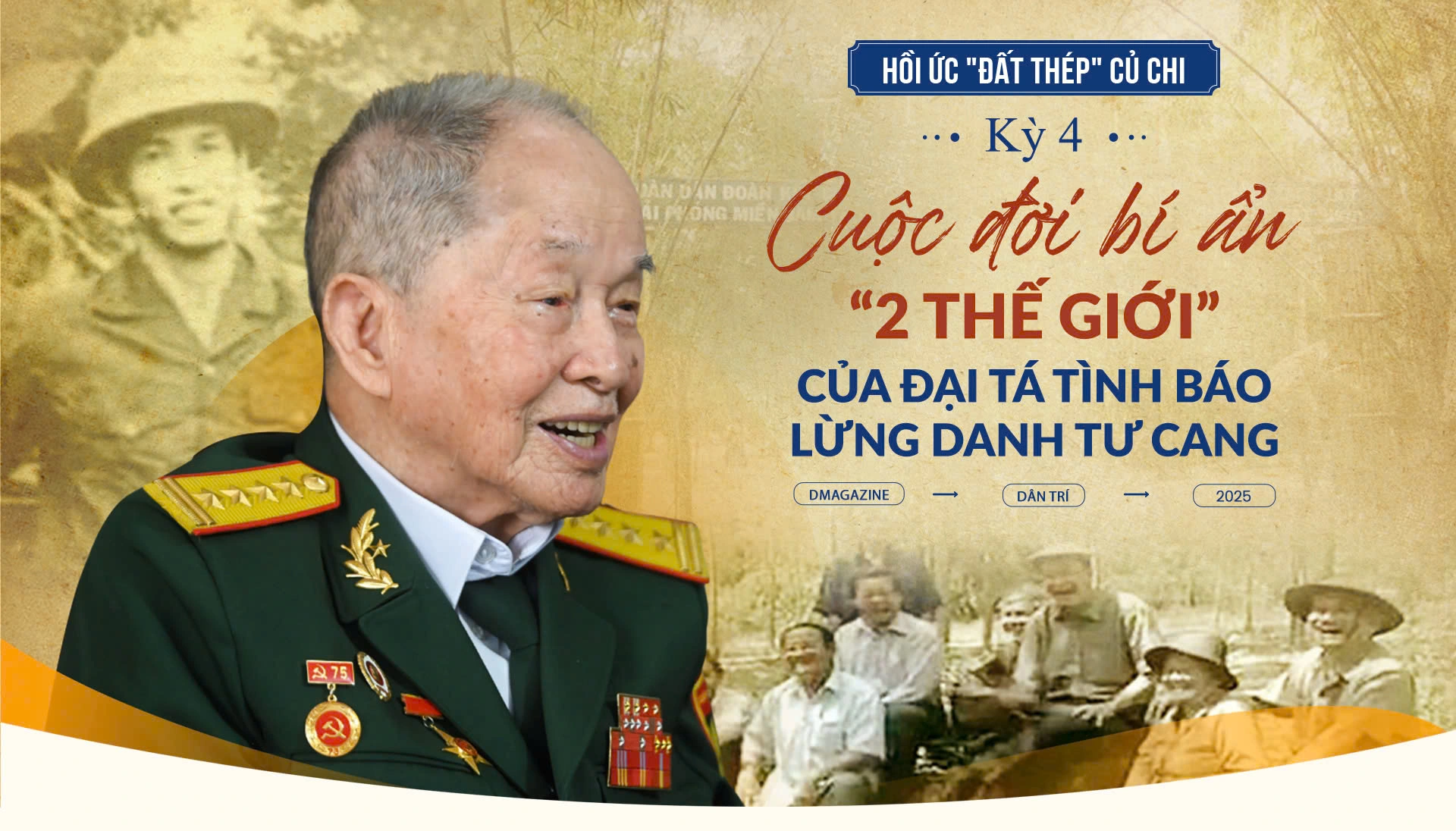
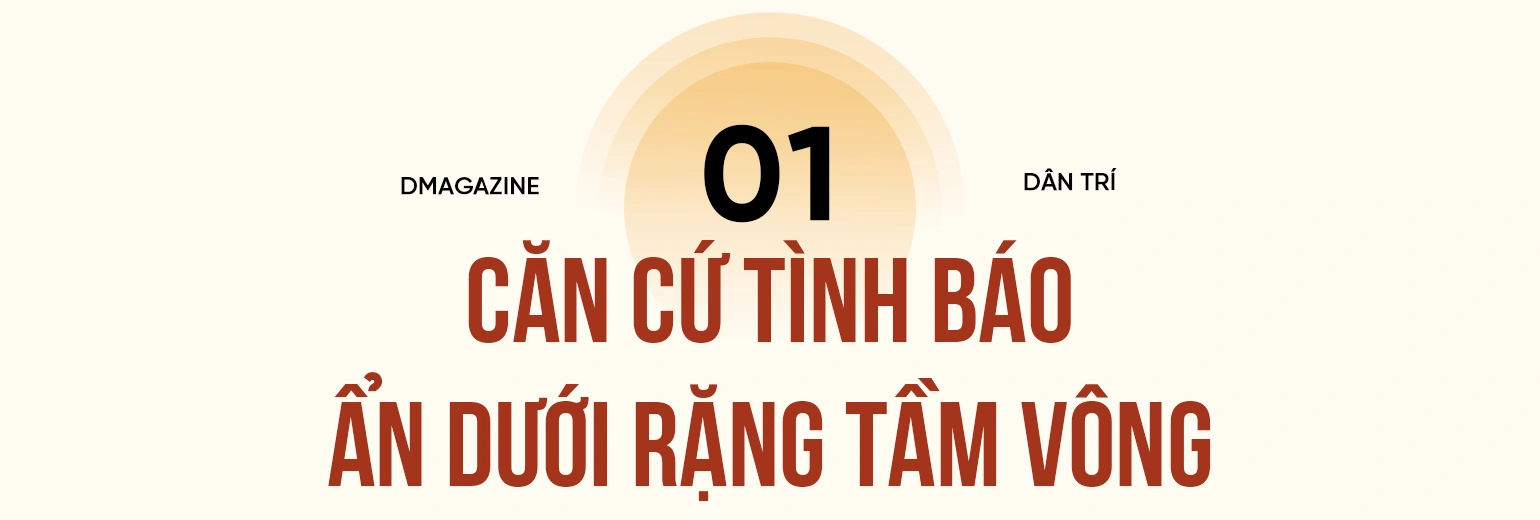
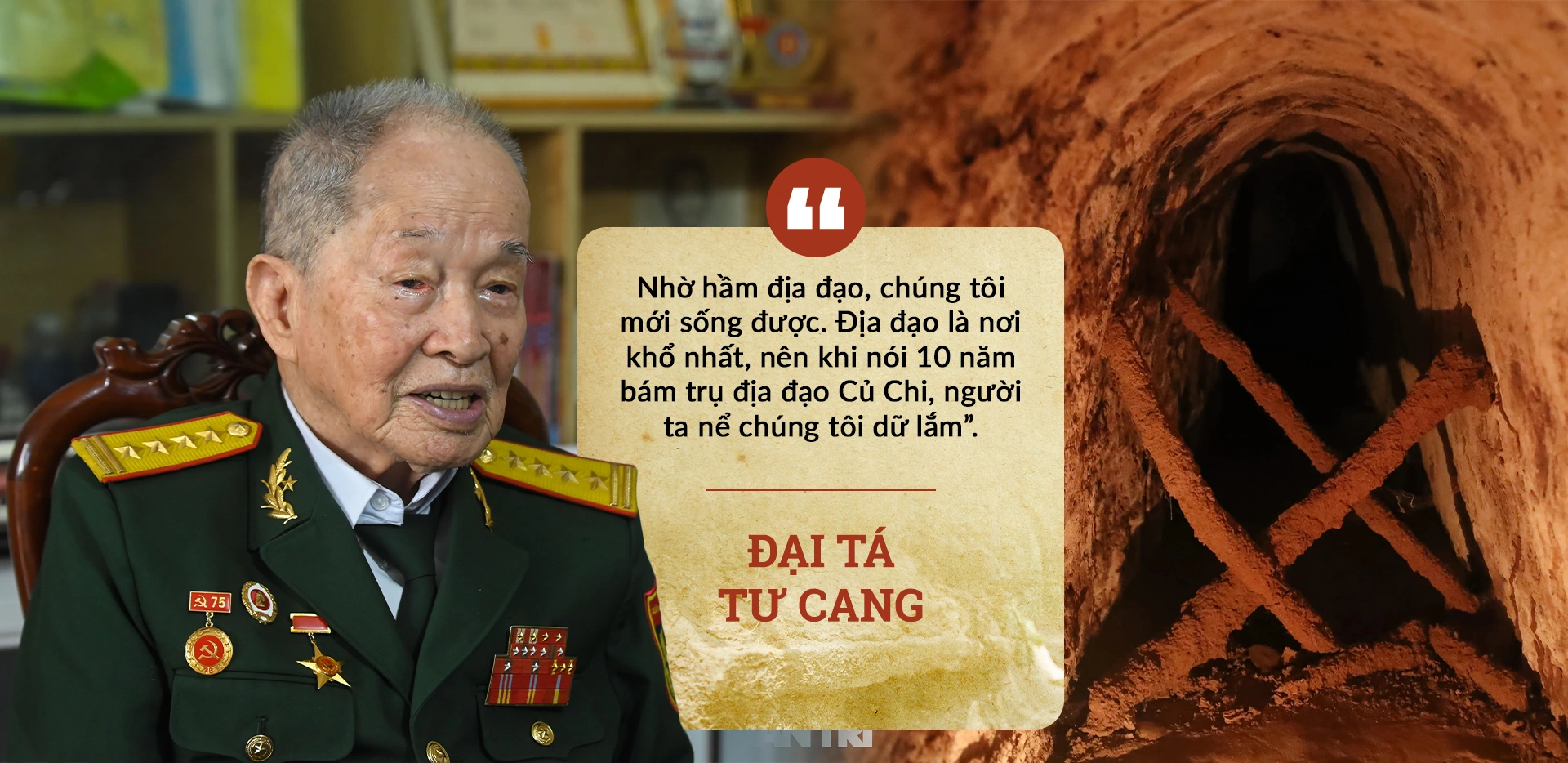
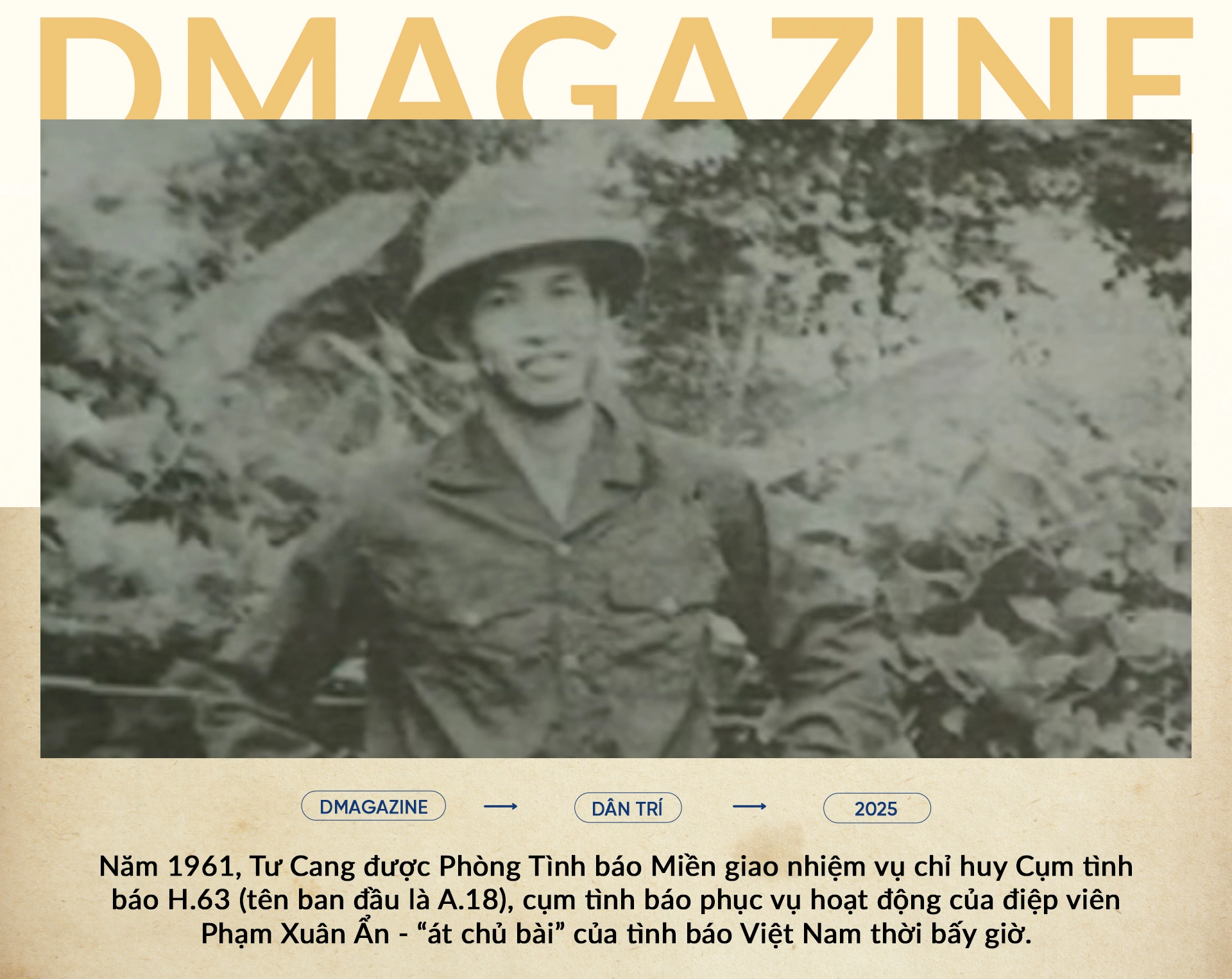
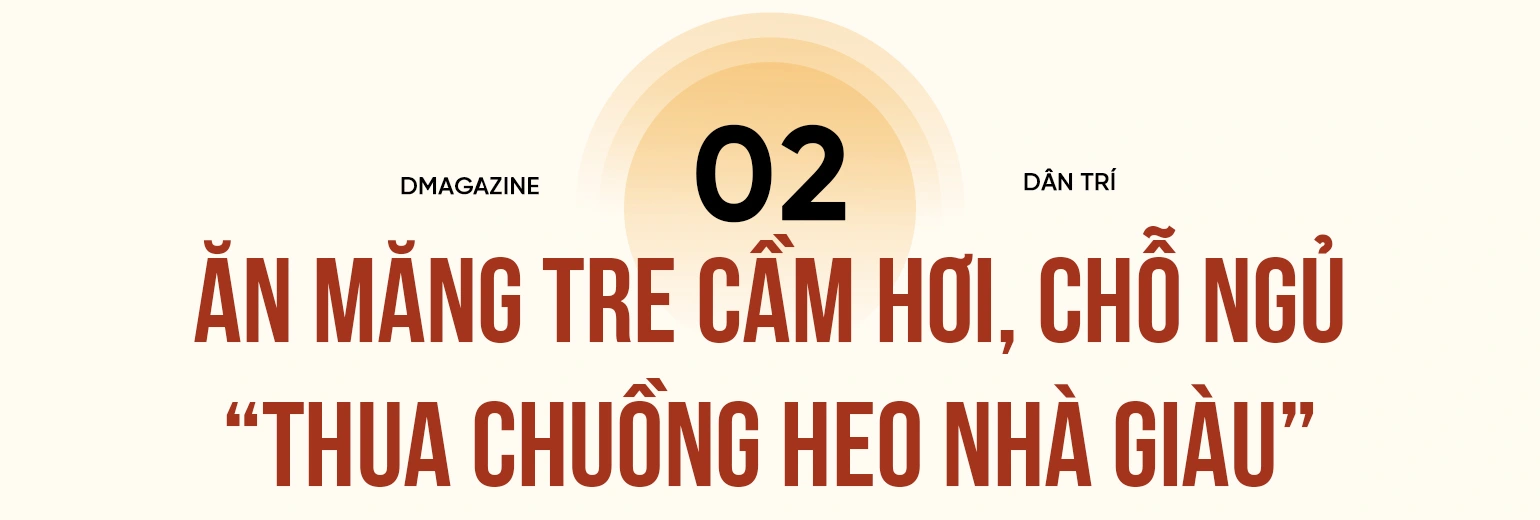
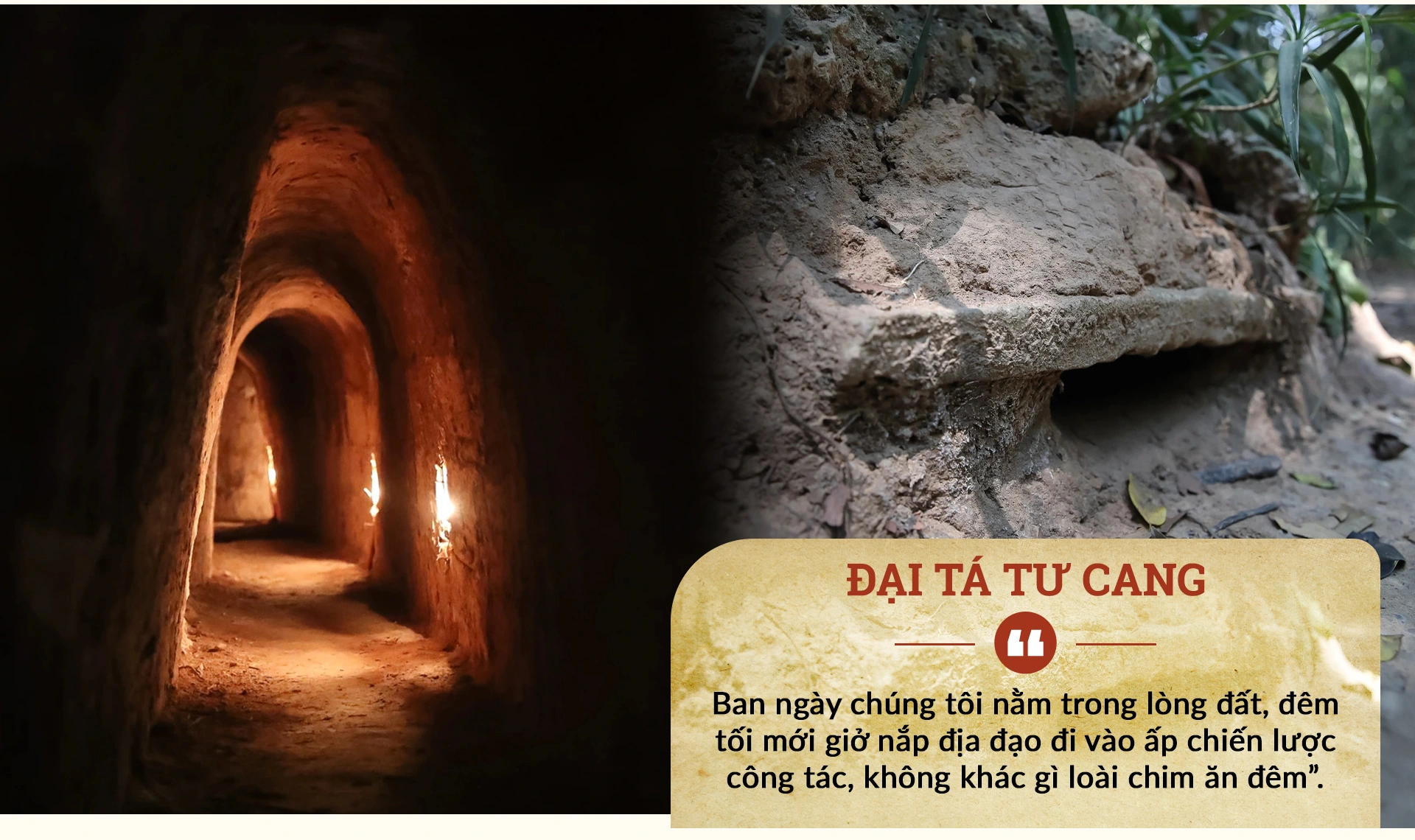
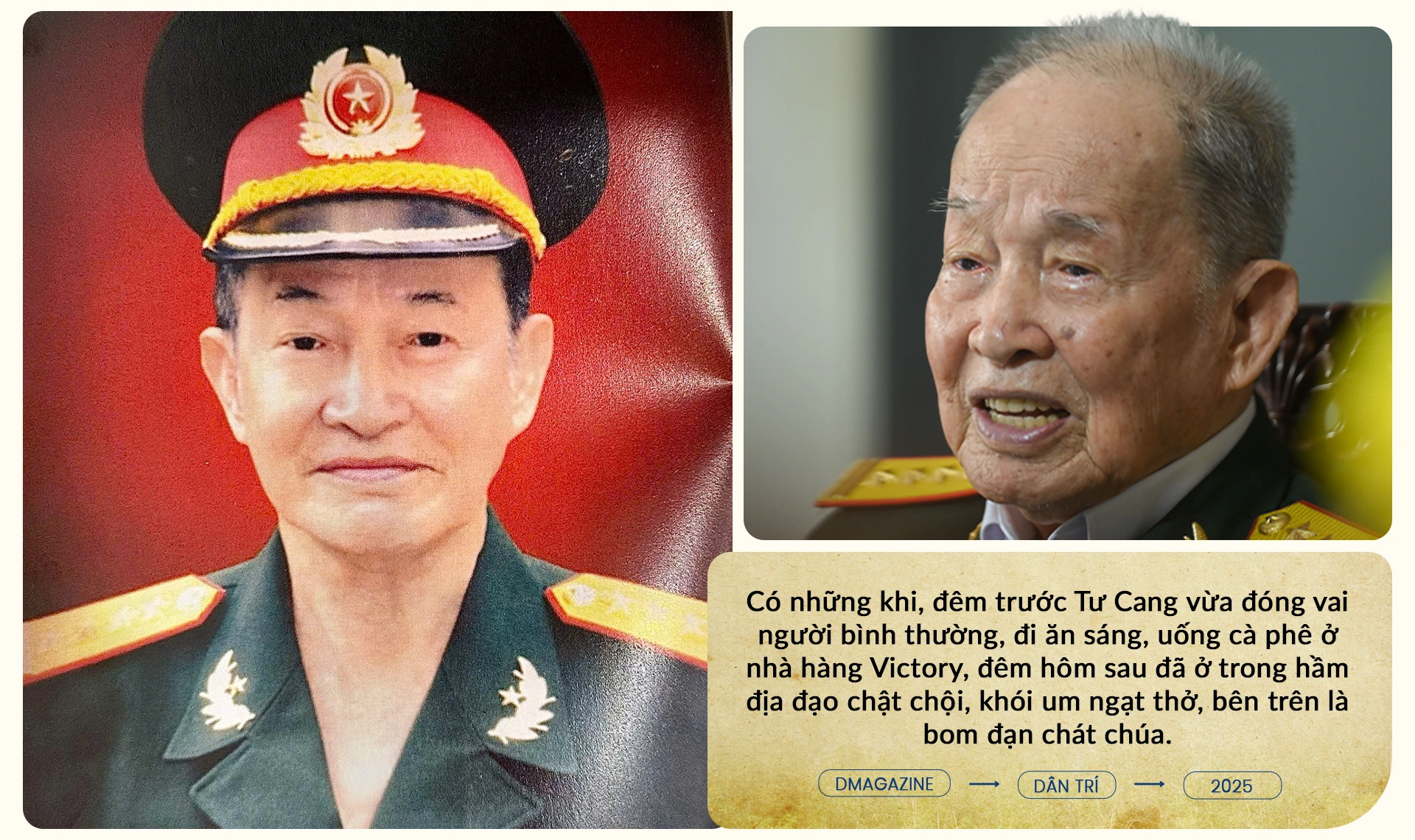

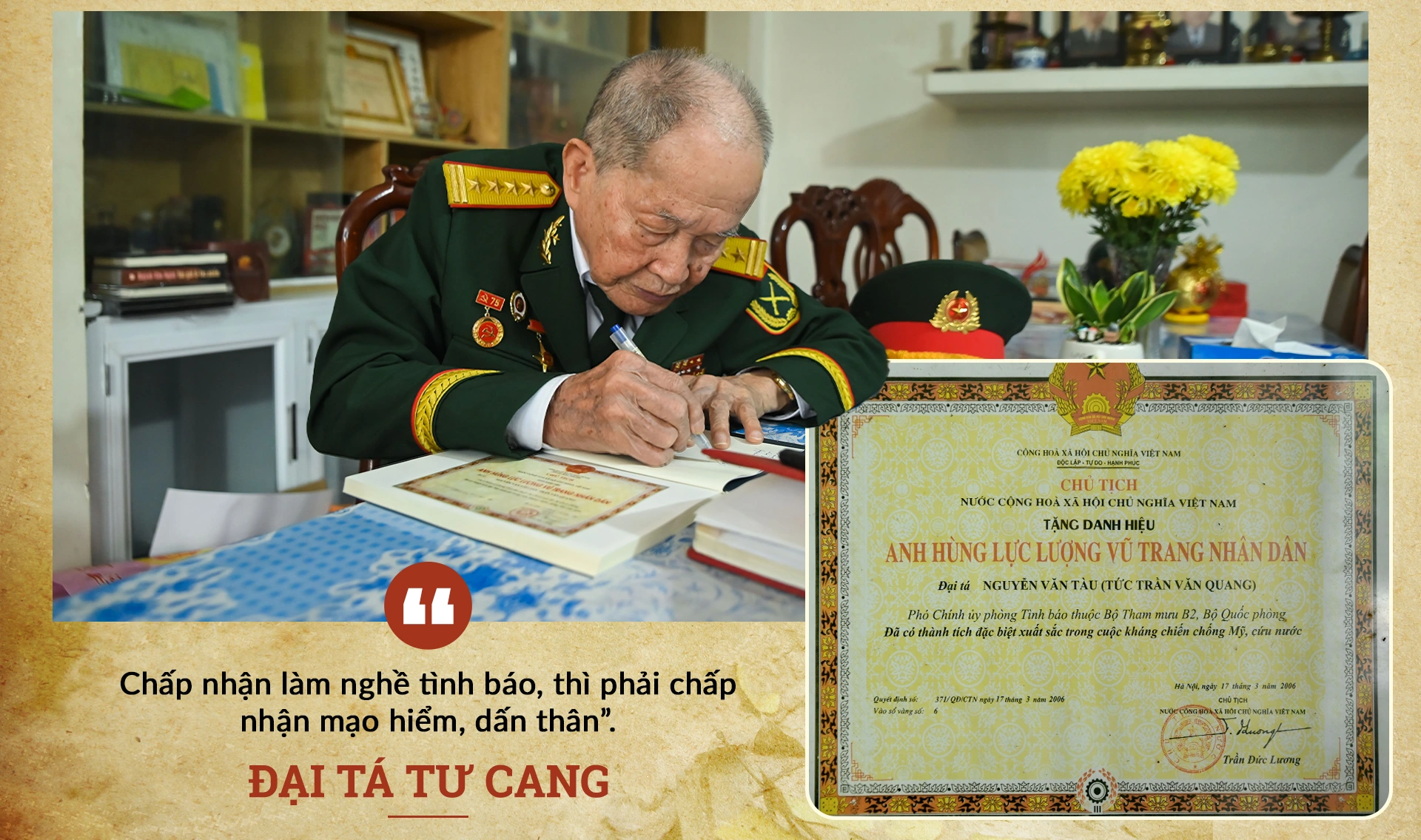
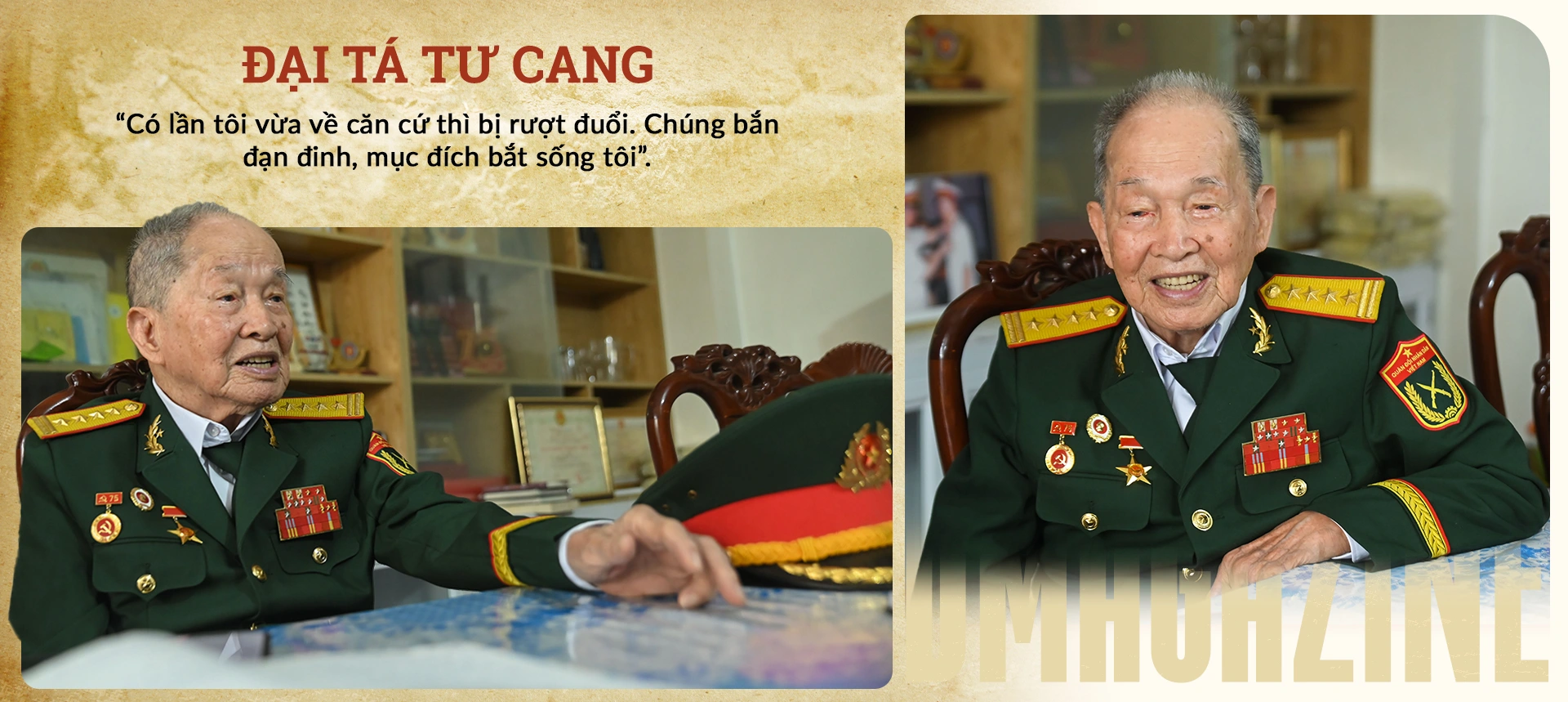
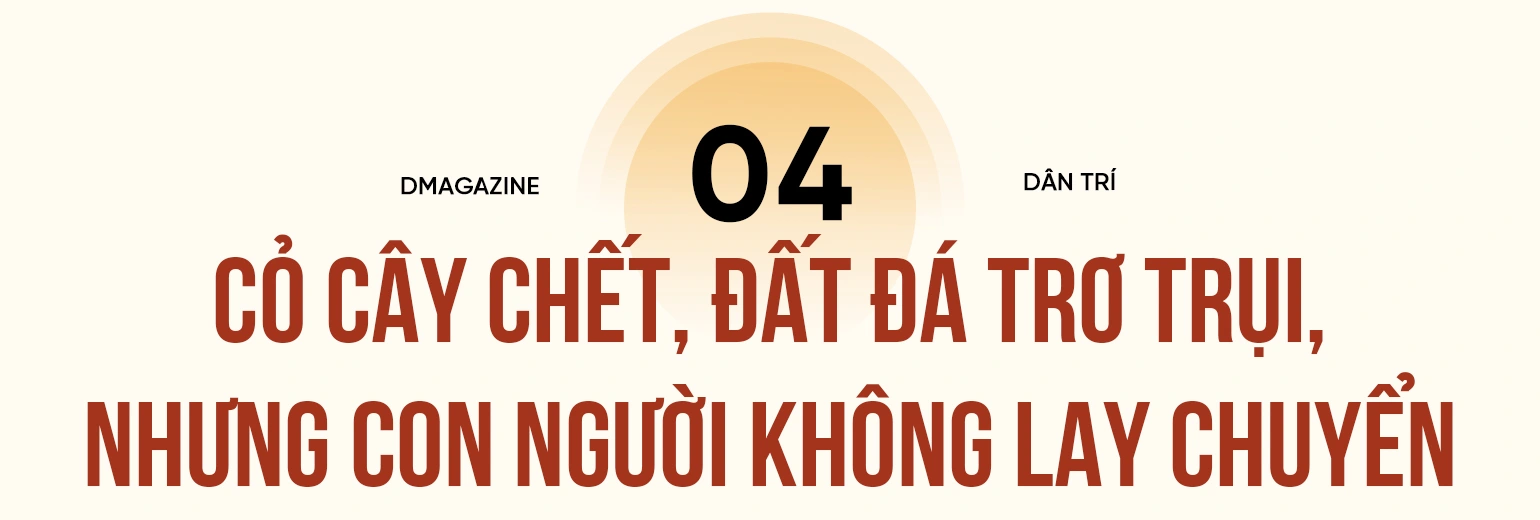
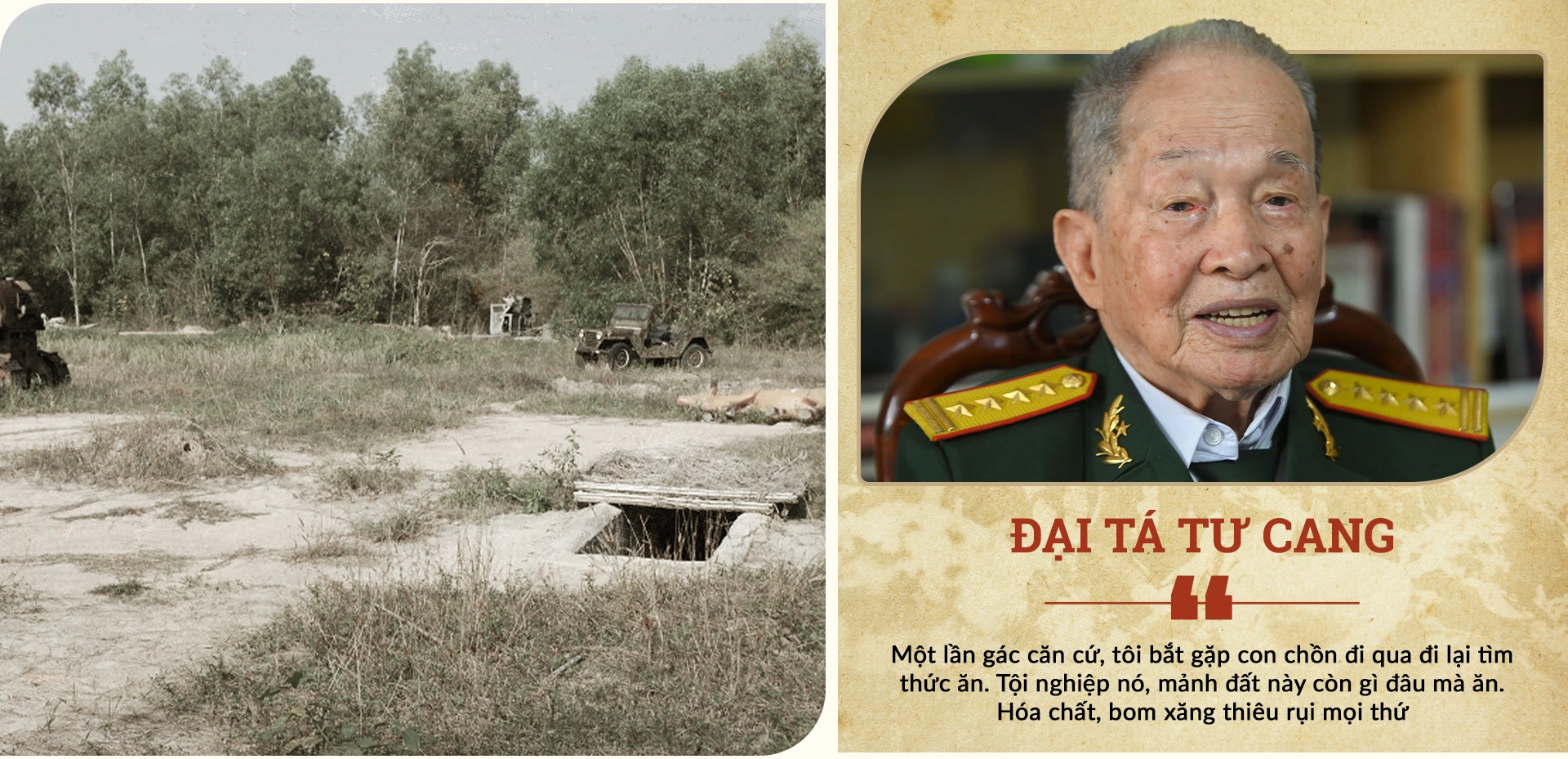
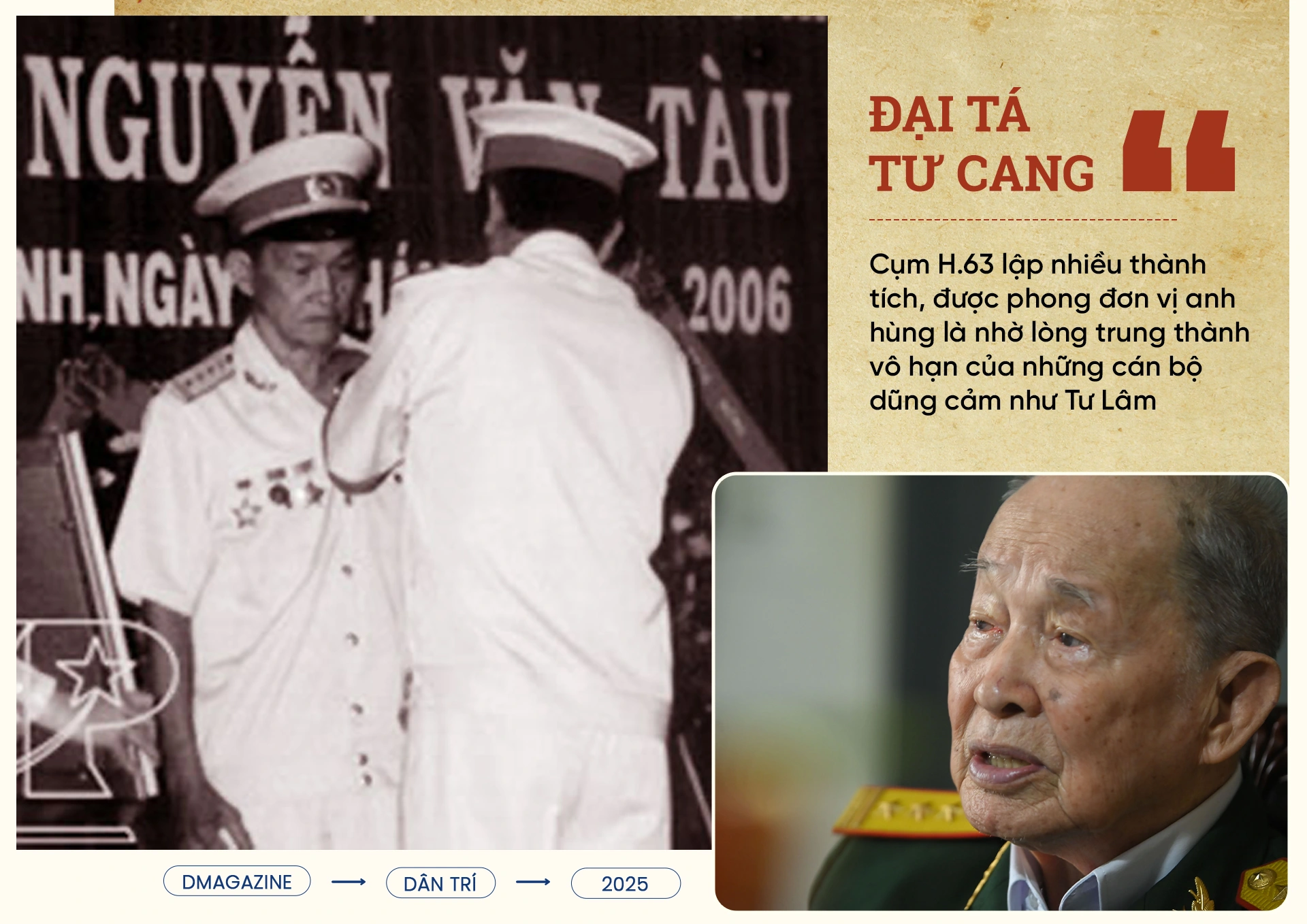
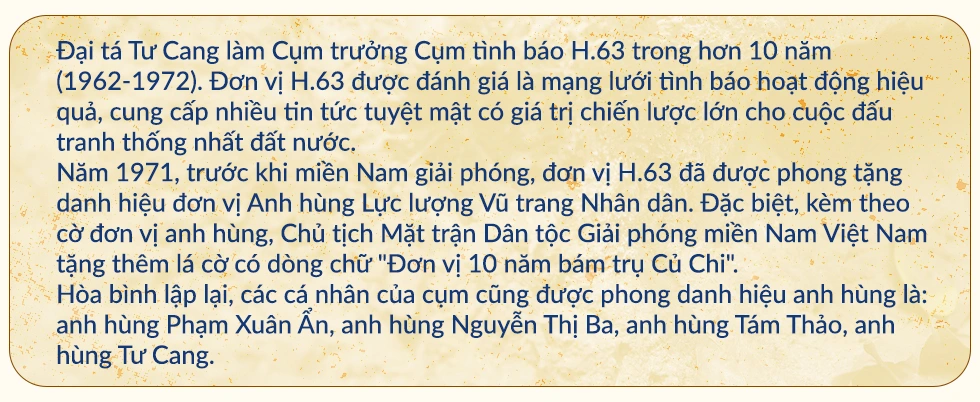
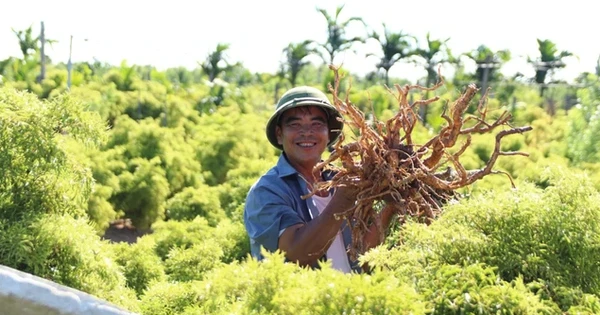
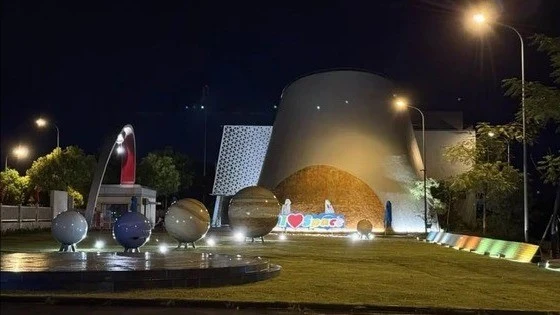
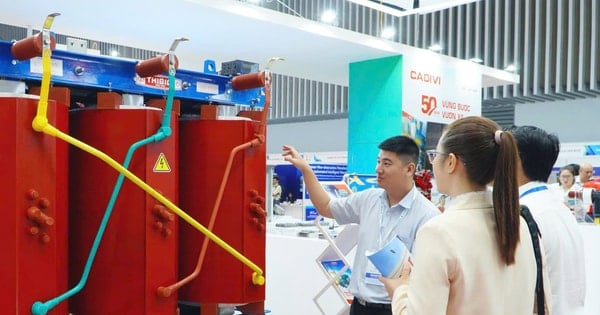
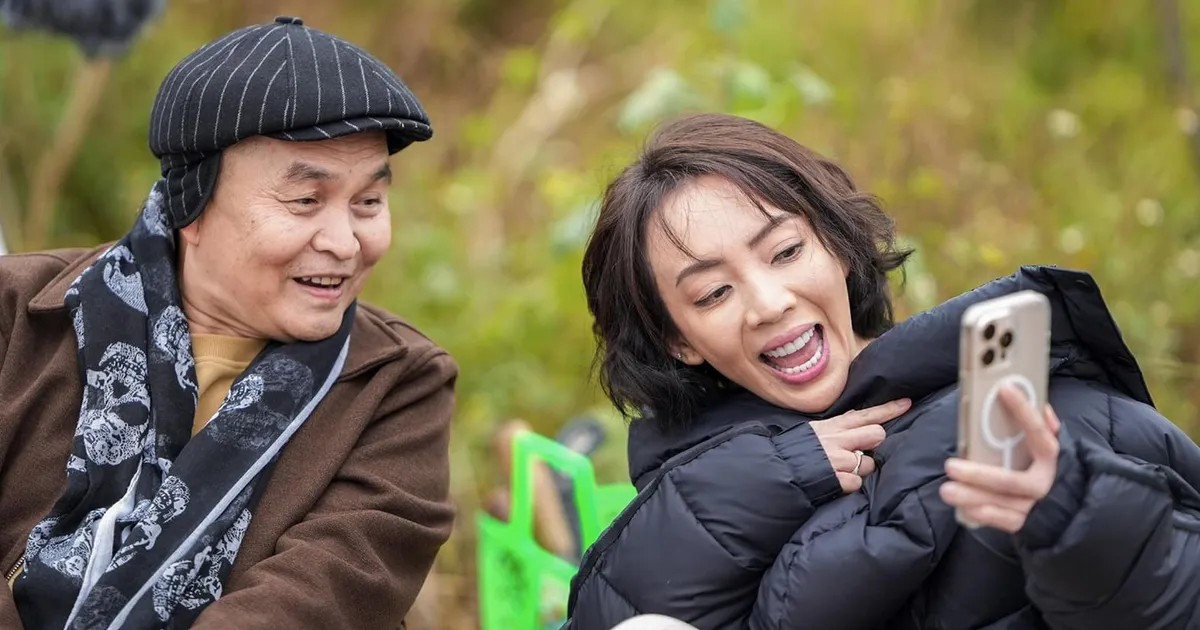
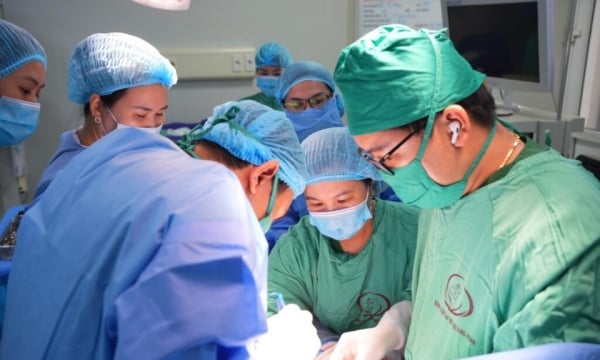
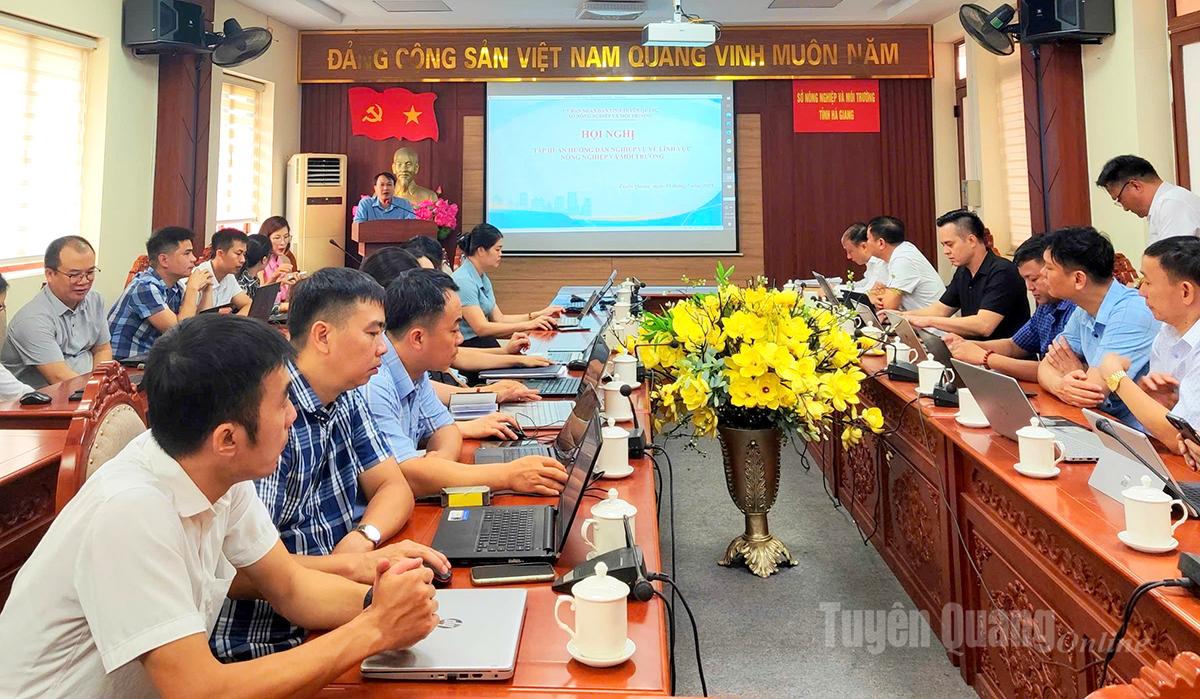
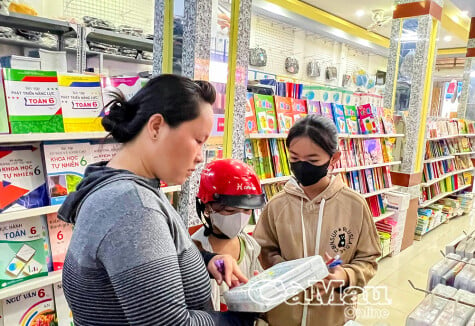
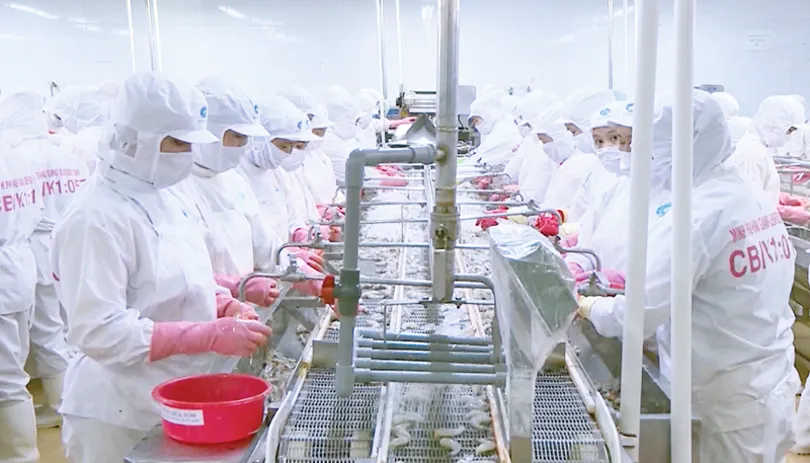



















![[Photo] An Phu intersection project connecting Ho Chi Minh City-Long Thanh-Dau Giay expressway behind schedule](https://vstatic.vietnam.vn/vietnam/resource/IMAGE/2025/8/21/1ad80e9dd8944150bb72e6c49ecc7e08)
































![[Photo] Politburo works with the Standing Committee of Hanoi Party Committee and Ho Chi Minh City Party Committee](https://vstatic.vietnam.vn/vietnam/resource/IMAGE/2025/8/21/4f3460337a6045e7847d50d38704355d)

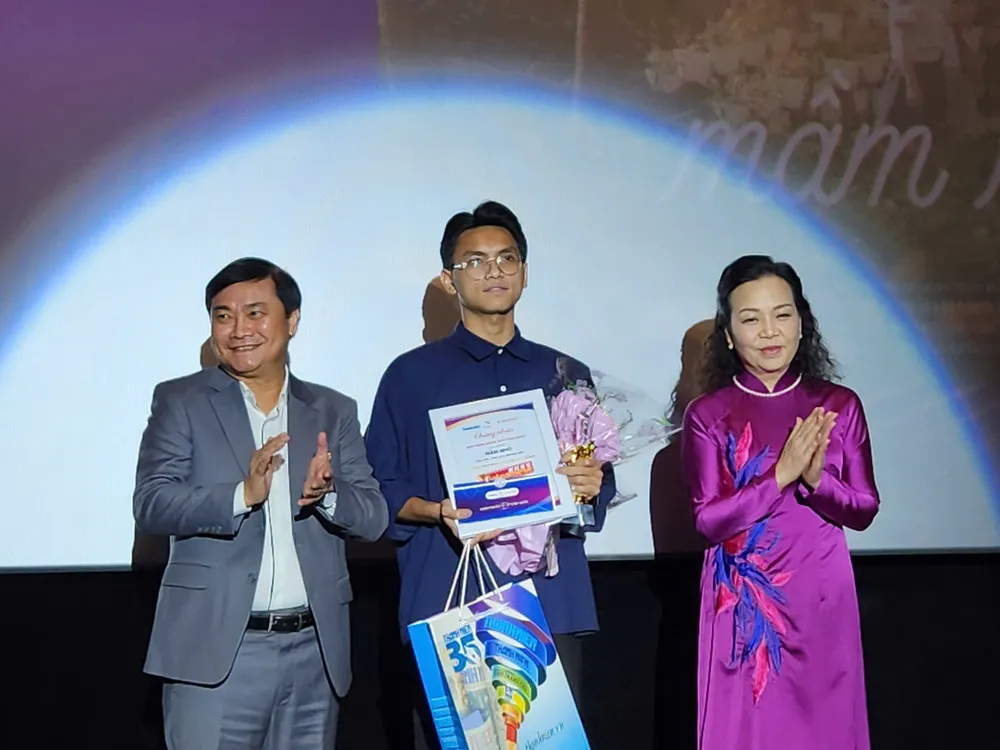































Comment (0)